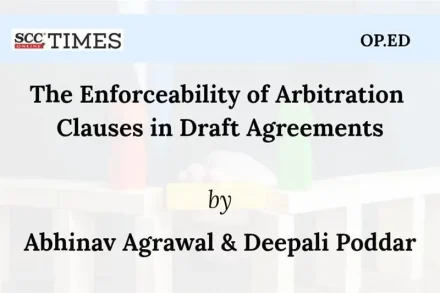
The Enforceability of Arbitration Clauses in Draft Agreements
by Abhinav Agrawal* and Deepali Poddar**

by Abhinav Agrawal* and Deepali Poddar**
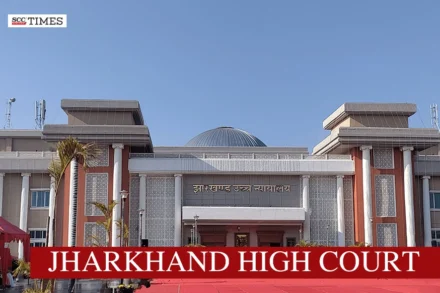
The intention of both the parties where to go for arbitration, is at Ranchi and the proceeding after permission of the High Court was also conducted at Ranchi and in the agreement, the seat is also said to be at Ranchi. Thus, Ranchi court is having jurisdiction.
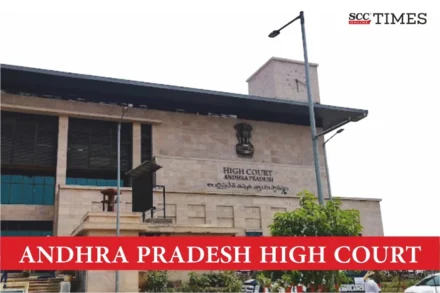
The High Court held that the Trial Court ought to have passed separate order, in accordance with law, considering the provisions related to filing of the written statement and its forfeiture, also, keeping a view that the procedural law is handmaid of justice and the Court has the power to extend the time for filing of the written statement in the facts and circumstances of each and every case.
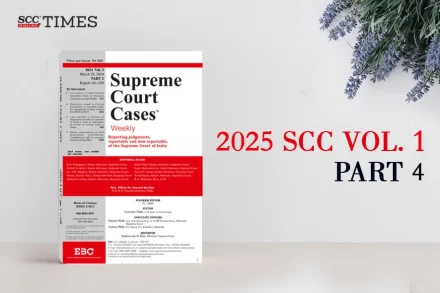
Arbitration and Conciliation Act, 1996 — S. 11(6) — Substantive claims of petitioner whether time-barred i.e. issue of limitation requiring intricate evidentiary
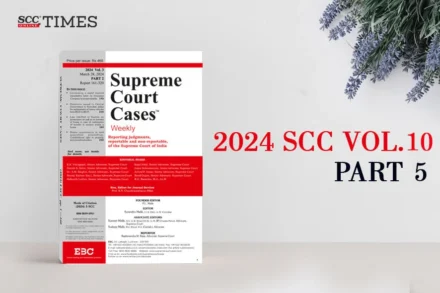
Special leave petition – Exemption from filing the certified copy of the impugned order of the High Court
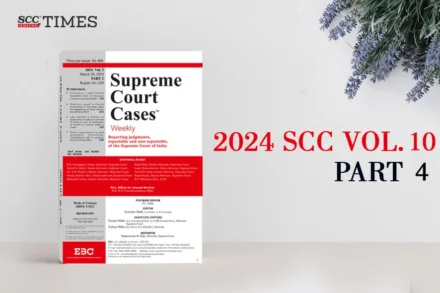
Arbitration and Conciliation Act, 1996 — Ss. 11(6) and 37: Setting aside of order setting aside award, by Court exercising jurisdiction under
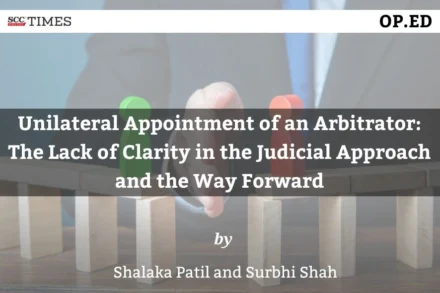
by Shalaka Patil† and Surbhi Shah††
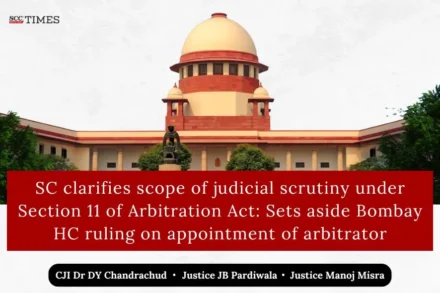
Supreme Court clarified that the limited jurisdiction of the referral Courts under Section 11 must not be misused by parties in order to force other parties to the arbitration agreement to participate in a time-consuming and costly arbitration process.
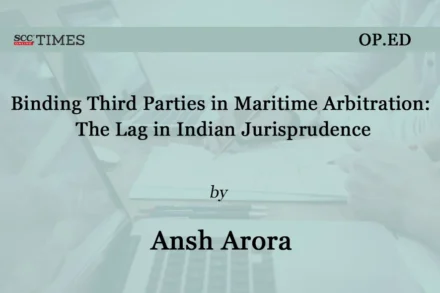
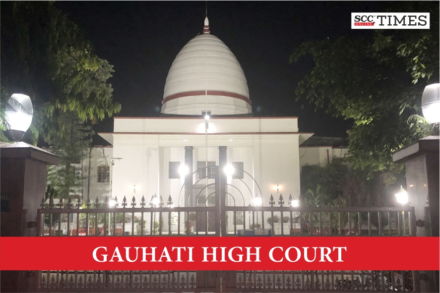
In the present case, Clause 12 of the partnership deed indicated that the Partnership Act, 1932 and its Rules shall cover only those aspects not specifically mentioned in the deed.
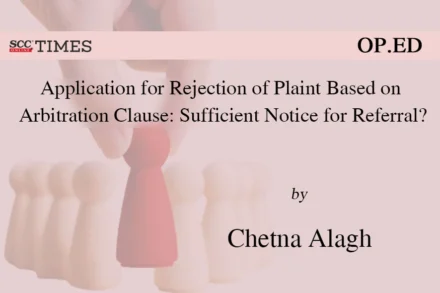
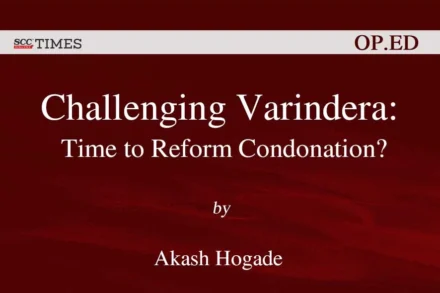
by Akash Hogade†
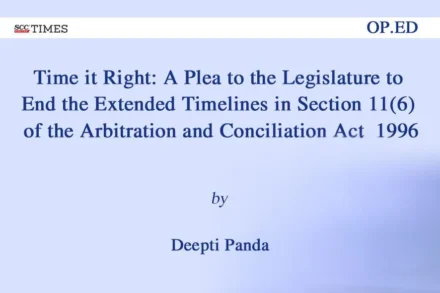

The Single Judge in order dated 16-07-2024 held that there are enough documents proving that appellant had started construction on Virar property even though there is a status quo order, and thus, to safeguard and preserve the property, a Court Receiver needs to be appointed.

“Section 34, quite apart from its classically limited scope, is certainly not intended to be used as a tool for a litigant to desist from participating in the arbitral proceedings, despite being fully aware thereof, and, thereafter, seek a second bite at the arbitral cherry.”

Due to the respondent 1’s brazen disregard for the status quo order, the Court in absence of a Section 17 remedy, had to grant an interim relief under Section 9 of the Arbitration and Conciliation Act, 1996.
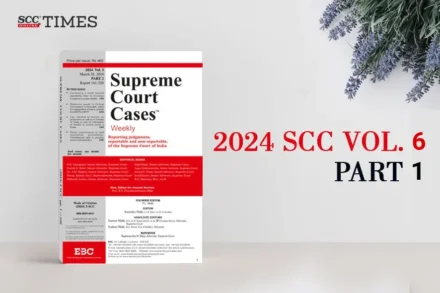
Arbitration and Conciliation Act, 1996 — Ss. 11 & 8 and 16 r/w S. 7: Law clarified on harmonious construction of Arbitration

Since AISPL and the ASF Group had assumed responsibility for payments to be made to SPCPL, their impleadment was necessary for a comprehensive adjudication of the matter.
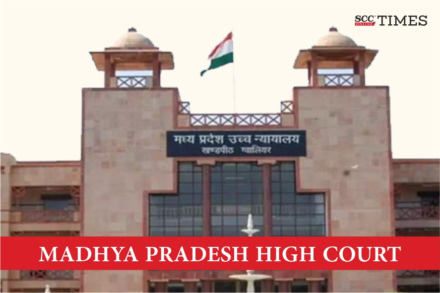
The Court held that unilateral appointment of the Arbitrator without the petitioner’s consent could render the award void under Section 34 of the Arbitration and Conciliation Act, 1996
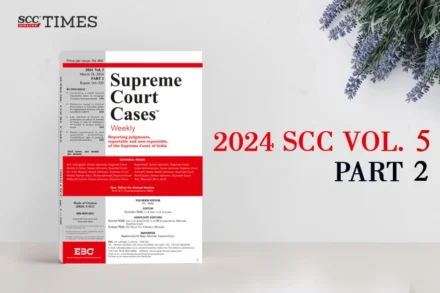
Arbitration and Conciliation Act, 1996 — S. 11(6) — Issue of limitation — Adjudication of, as an admissibility issue at the stage